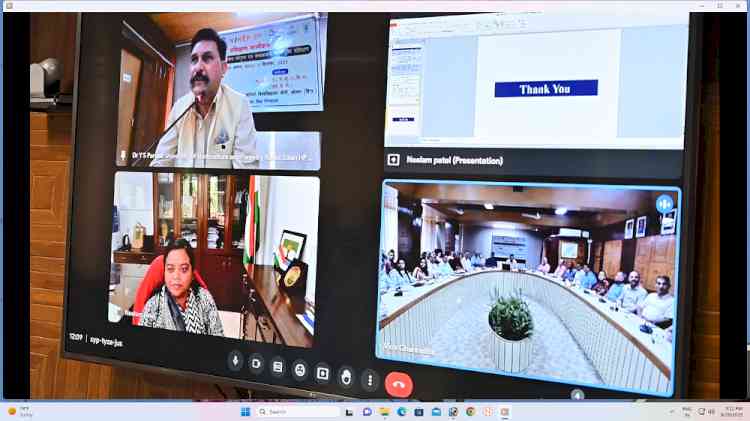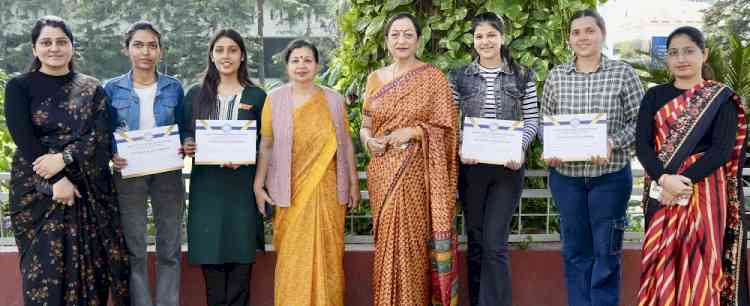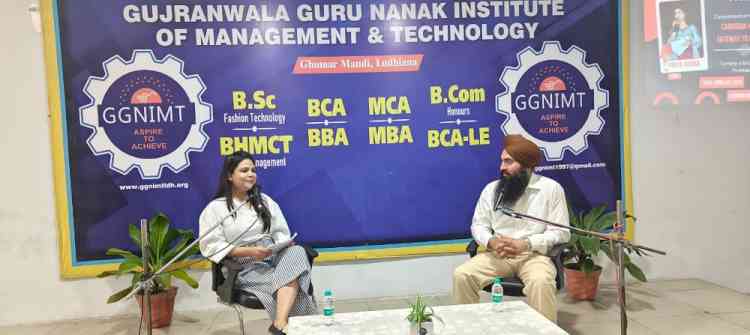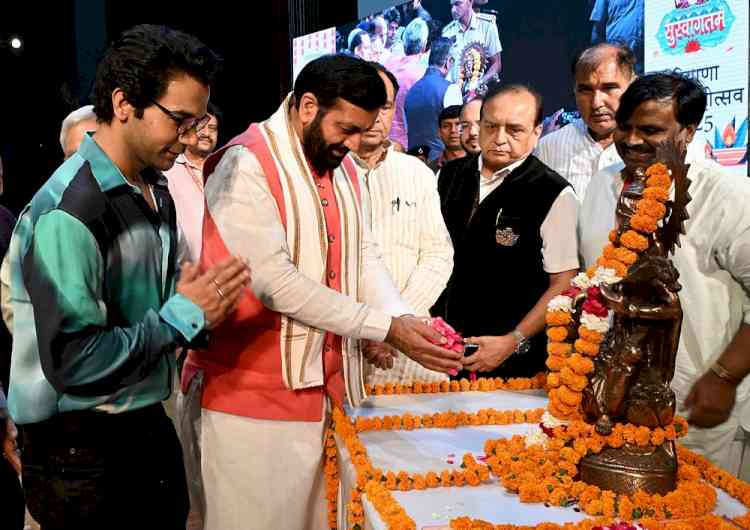Natural Farming can help in climate change adaptation
Two-week national training on natural farming commences at Nauni

The environmentally friendly natural farming methodology will immensely benefit the climate change adaptation as it supports the total ecosystems and results in fewer Greenhouse gases. Dr. Neelam Patel, Senior Advisor (Agriculture), NITI Aayog expressed these views while virtually addressing the participants of the two-week National Training programme on ‘Natural Farming: Present Status and Future Prospects’ today at the Dr. YS Parmar University of Horticulture and Forestry, Nauni.
The programme is being supported by the ICAR National Agricultural Higher Education Project’s Institutional Plan (NAHEP IDP). Twenty scientists from six universities, ICAR institutes and Krishi Vigyan Kendras from Haryana, Punjab, Jammu & Kashmir and Himachal are taking part in the training.
Dr. Neelam said that globally natural farming is being practiced in many countries under different names like agroecology and regenerative agriculture. India has the edge as we are the leaders in this methodology and there is a real opportunity to become the ‘Vishwaguru’ in this field. She also spoke about the certification process which is in the pipeline for natural farming produce.
Prof. Rajeshwar Singh Chandel, University Vice-Chancellor said that natural farming is not a myth or philosophy but a science-based agricultural methodology that is being practiced successfully in the farmer’s fields. He said that the country’s commitment is to increase our agricultural exports from 2.1% to 7% and position India as an organic and natural food and millet basket for the world and natural farming can help to realize these goals.
Talking about the natural farming initiative in Himachal, Prof. Chandel explained that soil health in the state is degrading and natural farming has emerged as the way forward to tackle this. He added that the studies have shown that incorporating natural farming has seen less incidence of insects and pests, improved soil and water health and an increase in natural enemies. The profits have also risen while seeing a substantial decrease in input cost. Prof. Chandel urged the participants to earnestly support the successful practices of the farmers with logical data as this methodology meets many sustainable development goals and targets.
Earlier, training director Dr. Subhash Verma welcomed the participants and informed about the different topics that will be covered during the training. The topics will cover all the aspects to give an exhaustive overview of natural farming to the participants along with hands-on training. Dr. KK Raina, PI IDP gave a detailed presentation on the different initiatives taken under the project for improving the overall teaching and learning experience in the university.
All the statutory officers and heads of departments along with the members of the university natural farming team took part in the inaugural session.


 City Air News
City Air News 








